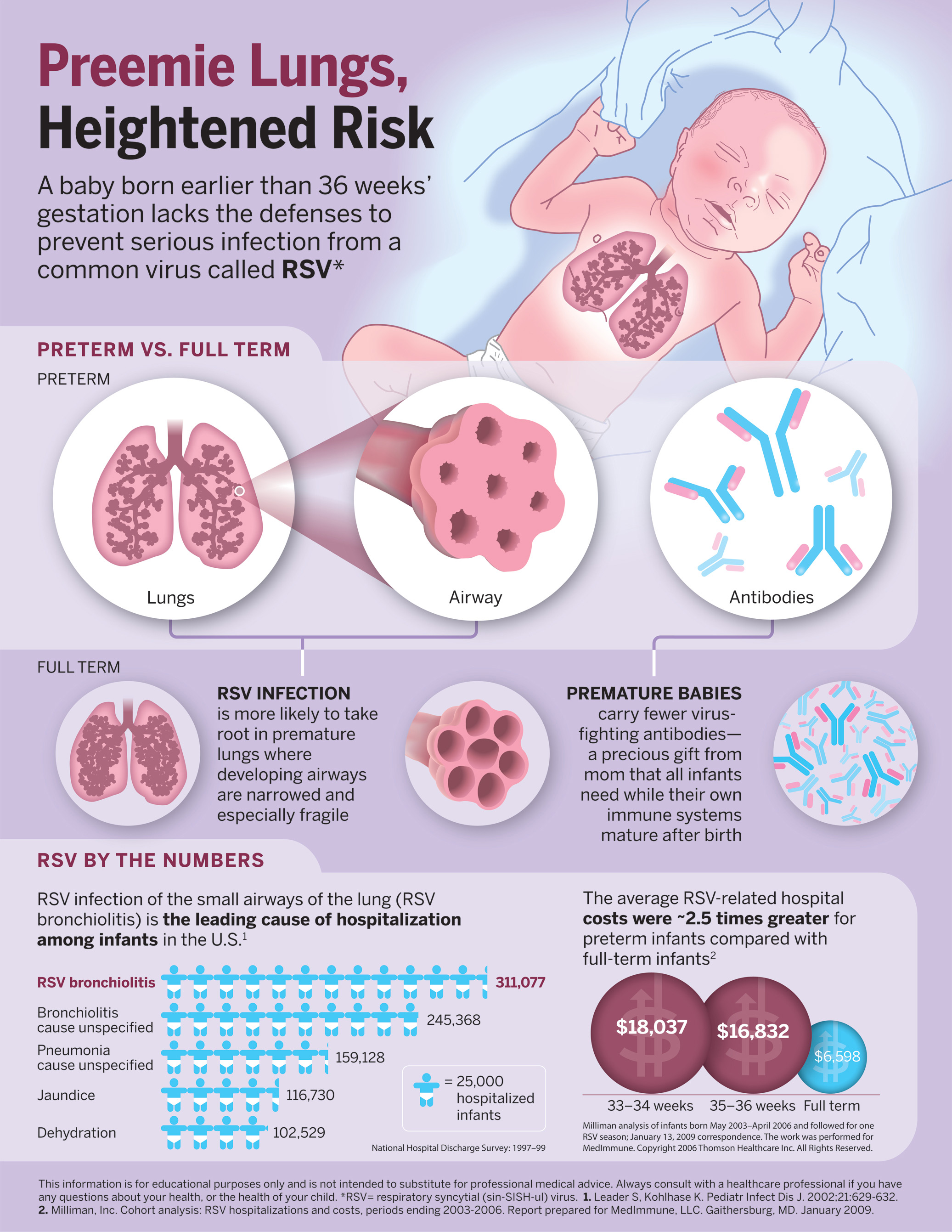 Source: bing.com
Source: bing.comPregnancy is a beautiful and exciting period in a woman’s life. However, it can also be a daunting experience, especially for first-time mothers. There are many things to think about, including the health and development of the baby growing inside you. One of the most critical aspects of fetal development is the growth and maturation of the lungs. In this article, we’ll discuss the different stages of baby lung development and what you can do to ensure that your baby’s lungs grow healthy and strong.
Table of Contents
Stages of Baby Lung Development
The development of the lungs in a fetus begins in the first trimester and continues throughout pregnancy. Here are the different stages of baby lung development:
Embryonic Stage (Weeks 3-7)
During the embryonic stage, the respiratory system develops from a small outpouching on the foregut. Around week four, the lung buds develop, and by week five, the right and left lung buds start to branch out. By week seven, the lungs have formed the bronchi, the tubes that lead from the trachea to the lungs, and the alveoli, the tiny air sacs where gas exchange occurs.
Pseudoglandular Stage (Weeks 5-17)
The pseudoglandular stage is when the lung buds continue to divide and form more extensive airways, including the bronchioles, which are the smallest airways in the lungs. The lungs develop a glandular appearance, which is where the name of this stage comes from. At this stage, a baby’s lungs are still not ready for breathing, but they are well on their way to maturing.
Canalicular Stage (Weeks 16-26)
The canalicular stage is when the lungs start to develop the blood vessels necessary for gas exchange. The bronchioles continue to divide and form respiratory bronchioles, which are part of the vast network of air passages in the lungs. The respiratory bronchioles connect to the alveolar ducts, which lead to the alveolar sacs. At this stage, a baby’s lungs are still not mature enough to support life outside the uterus, but they are close.
Saccular Stage (Weeks 24-38)
The saccular stage is when the alveoli start to mature and produce surfactant, which is a substance that keeps the alveoli from collapsing. The lungs continue to develop blood vessels, and the respiratory system is almost ready for breathing. By the end of this stage, the lungs are mature enough to support life outside the uterus, but premature babies might still need help breathing.
How Can You Help Your Baby’s Lungs Develop?
As an expecting mother, there are a few things you can do to support your baby’s lung development:
Eat a Healthy Diet
Eating a healthy, balanced diet during pregnancy is essential for your baby’s overall growth and development. Make sure you’re getting enough nutrients, such as protein, iron, and omega-3 fatty acids, which are critical for fetal lung development.
Avoid Smoking and Secondhand Smoke
Smoking during pregnancy can harm your baby’s lung development and increase the risk of premature birth. If you smoke, quitting is the best thing you can do for your baby’s health. Additionally, avoid secondhand smoke exposure as much as possible.
Stay Active
Regular physical activity during pregnancy can help boost your baby’s lung development. Exercise increases the amount of oxygen your body can deliver to your baby, which can promote healthy lung growth.
Attend Prenatal Checkups
Attending regular prenatal checkups is vital for monitoring your baby’s development. Your healthcare provider can detect any potential issues early on and provide treatment if necessary.
Avoid Exposure to Environmental Toxins
Exposure to environmental toxins, such as air pollution and pesticides, can harm your baby’s lung development. Try to avoid exposure to these substances as much as possible, especially during the first trimester.
Conclusion
Baby lung development is a crucial aspect of fetal growth and development. By understanding the different stages of lung development and taking steps to support your baby’s lung growth, you can help ensure that your little one is born healthy and strong.
If you have any concerns about your baby’s lung development or any other aspect of pregnancy, make sure to speak with your healthcare provider. They can provide you with valuable information and support throughout your pregnancy journey.
Frequently Asked Questions
Q: When does baby lung development start?
A: Baby lung development starts in the first trimester of pregnancy, around week three.
Q: How long does it take for a baby’s lungs to mature?
A: A baby’s lungs typically mature around week 38 of pregnancy. However, premature babies might need extra support to breathe.
Q: How can I support my baby’s lung development?
A: Eating a healthy diet, avoiding smoking and secondhand smoke, staying active, attending prenatal checkups, and avoiding exposure to environmental toxins can all help support your baby’s lung development.
Q: Can exposure to environmental toxins harm my baby’s lungs?
A: Yes, exposure to environmental toxins, such as air pollution and pesticides, can harm your baby’s lung development. It’s best to avoid exposure to these substances as much as possible.
Q: What should I do if I’m concerned about my baby’s lung development?
A: If you have any concerns about your baby’s lung development or any other aspect of pregnancy, make sure to speak with your healthcare provider. They can provide you with valuable information and support throughout your pregnancy journey.
